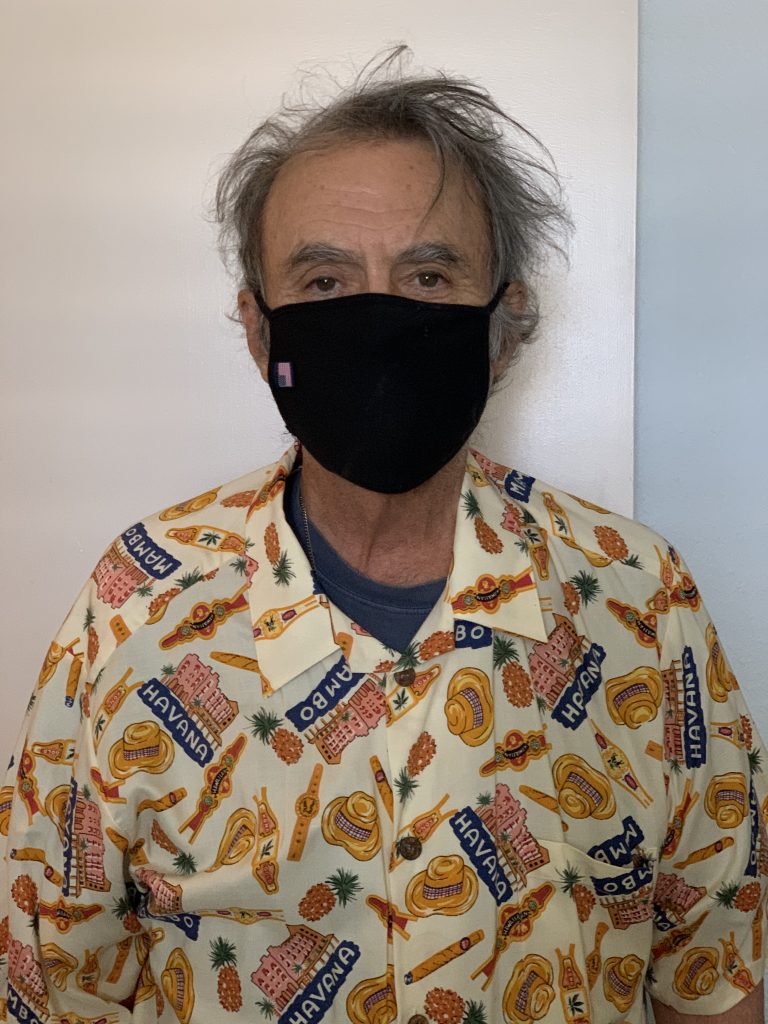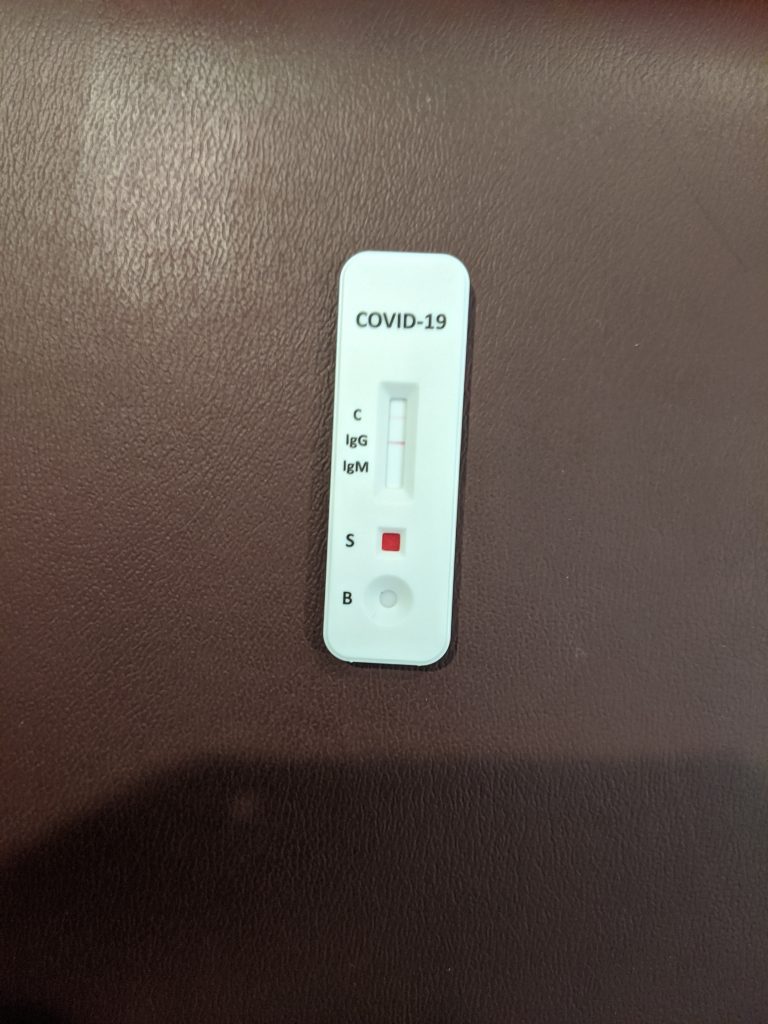Timeshare Torments in the Pandemic

By Robert McGarvey
How screwed are you if you own a timeshare in the pandemic – and know we probably will be in this for at least another year. Maybe longer. Maybe until 2024.
Timeshares aren’t cheap. The average cost of a one week timeshare (pre pandemic) was north of $22,000. Many also involved an annual maintenance fee that runs on average about $1000 and which you pay whether you use the property or not. In some cases, too, timeshare owners are hit with special assessments to cover extraordinary repairs and upgrades.
And this year some of the very most preferred timeshare destinations – think Kuai, Maui, the Big Island, Oahu – have effectively been closed to tourists and no one now sees that changing before September 1 in the case of Hawaii. Besides, who wants to get on an airplane and go a long distance this year? Not many of us.
I’ve long been a timeshare skeptic. This year, maybe more than ever. With tens of millions of us out of work and uncounted millions more working reduced hours for fewer bucks, a lot of timeshare owners are thinking that, yes, they are due a timeshare vacation this year but they are in no mood for a vacay and may not have the dough for airplane tickets. To say nothing about their not wanting to pay the annual maintenance fee.
Look, if you own a timeshare, I come not to mock you. And I know it is very hard to unload a timeshare – with a cottage industry of timeshare exit firms, many of which don’t do much good.
One positive note: the big names in timeshares (the usual suspects such as Marriott, Hyatt, Wyndham, Disney) all have offered some flexibility when it comes to booking and cancellations this year. The Points Guy ably sums up the high and low points for the main players here.
Cancellation policies also are a moving target. Here’s a Marriott Vacation Club update. Very probably every other major operator has issued updates, possibly multiple times, because the Covid-19 pandemic is playing out in ways most in travel just did not anticipate (and with far more devastating impacts than had been anticipated, such as closures of state and even national borders to most travelers, timeshare owners very much on the excluded list).
Wyndham has what looks to be a very fair cancellation policy: “If you need to cancel an upcoming reservation with an arrival date through August 16, 2020, you can do so online without penalty up to 24 hours prior to your scheduled arrival. Your vacation points, housekeeping credits, and reservation transaction(s) will be returned to your account within 72 hours.”
Hyatt timeshare owners can get updated info here.
Yours is with a smaller player? Good luck. Every situation will be ad hoc, no two companies will offer the same deals, and you probably are advised to say a novena before calling. I mean neither to be cynical nor pessimistic – but this indeed is a situation that may call for praying for a special dispensation to help you navigate rocky waters.
Probably you can’t end your miseries by selling the timeshare. The ABC-15 TV headline (Phoenix) tells the story: Pandemic brings surge of people looking to dump timeshares — and scams.
What this piece – and many other stories – tell is the waters are full of hustlers and crooks who will promise desperate timeshare owners an exit for a fee…and they pocket the payment but frequently do nothing. The unwitting timeshare owner often has a few months of thinking him or herself free of the albatross – until demand letters seeking annual fees start arriving and that owner is still on the hook
Even ARDA-Resort Owners’ Coalition, an association of timeshare operators, has loudly warned timeshare owners to be on the alert for scammers.
There just is no easy out for a timeshare owner who no longer wants it.
Which brings us to good news for non timeshare owners: you just may be able to score a terrific bargain renting a timeshare for a vacation week, very possibly scoring an apartment for less than a hotel room in the same town could cost. Some timeshare owners just don’t want to use their week this year – understandably – and so they are seeking to cut their losses by renting the unit out. That can be a win-win.
And you know what: you will get to see, first hand and personal, exactly what’s involved in a timeshare. And if you like it? There are many websites selling timeshares put on the market by owners who want to unload them – eBay has a brisk market – and frequently you will find discounts of 50% and more off sticker price. Word of advice from timeshare veterans is stick with the names you know and, very possibly, you will score a terrific deal.
Especially now.
